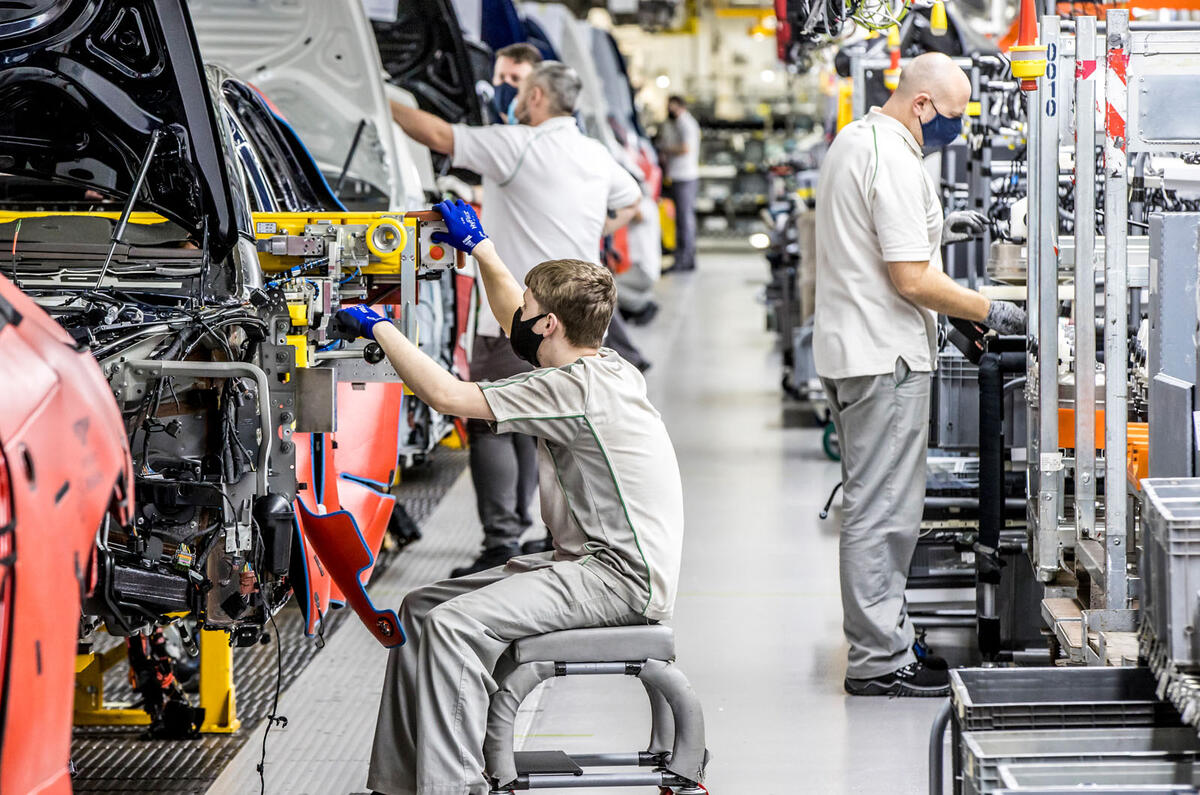As someone who helps automotive businesses recruit their senior leaders, it is a question I often ask myself when briefing them about potential candidates.
In too many organisations across the sector, there seems to be an unspoken rule that senior executives are most productive in their late 30s or early 40s, and that everything is downhill after that.




Add your comment